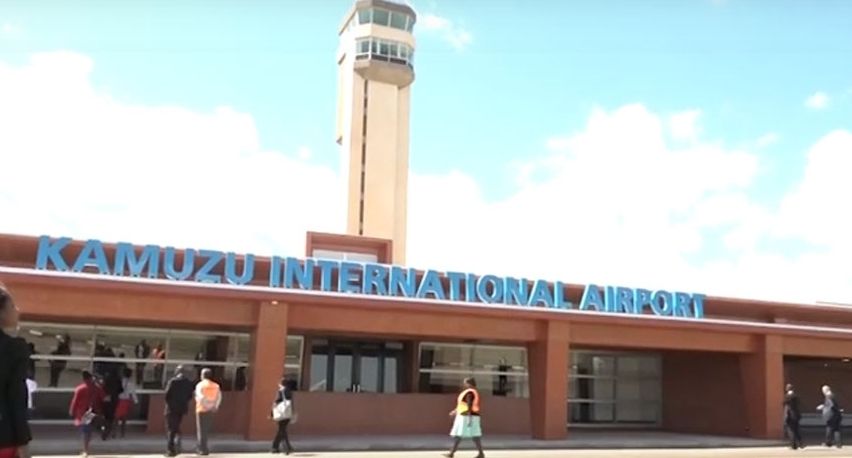By Twink Jones Gadama
Malawi, a land of picturesque landscapes and warm-hearted people, has recently made headlines with the amendment of its immigration act by the honorable Minister of Homeland and Security, Kenneth Reeves Zikhale ng’oma.
This bold move now allows passport holders from 48 countries to enter Malawi without the hassle of obtaining a visa.
But is this newfound freedom a boon or a bane for the country as a whole?

On one hand, the benefits of this decision are abundantly clear.
By opening its doors to a wider range of international travelers, Malawi can expect to see a significant boost in its tourism industry.
With more visitors coming in to explore its stunning national parks, tranquil lakes, and vibrant cultural heritage, the country stands to gain not only in terms of revenue but also in terms of global exposure and recognition.
Furthermore, the visa-free policy is sure to foster stronger diplomatic ties with the countries involved, paving the way for increased bilateral cooperation and mutual understanding.
This move signifies Malawi’s commitment to fostering a welcoming and inclusive environment for foreigners, which can only bode well for its international reputation and standing on the global stage.
Despite these advantages, however, there are also potential disadvantages to consider.
One of the primary concerns is the issue of border security.
With the relaxation of visa requirements, there is a possibility that nefarious individuals could exploit this loophole to enter the country with malicious intent.
This could pose a serious threat to the safety and wellbeing of Malawian citizens and visitors alike, potentially tarnishing the country’s image and deterring future travelers.
Additionally, the sudden influx of tourists and travelers could put a strain on Malawi’s infrastructure and resources.
From accommodation and transportation to healthcare and sanitation, the country may struggle to cope with the increased demand for services, leading to potential issues of overcrowding, pollution, and environmental degradation.
Moreover, the visa-free policy could potentially impact the local economy in unforeseen ways.
By lowering the barriers to entry for foreign visitors, there is a risk that indigenous businesses and artisans could be overshadowed by larger, more established multinational corporations, leading to a loss of cultural identity and economic autonomy.
In conclusion, while the amendment of the immigration act to allow visa-free entry into Malawi may seem like a progressive and forward-thinking move on the surface, it is essential to carefully weigh the benefits and drawbacks of this decision.
By striking a delicate balance between openness and security, the government can ensure that Malawi reaps the rewards of increased tourism and international cooperation without compromising the safety and welfare of its people.
Only time will tell whether this bold move will ultimately be a blessing or a curse for the nation as a whole.


